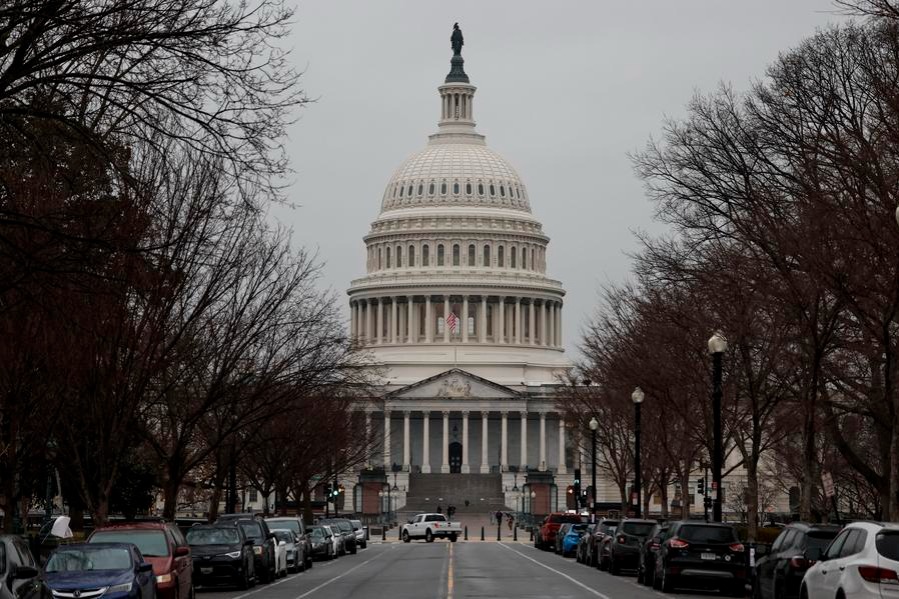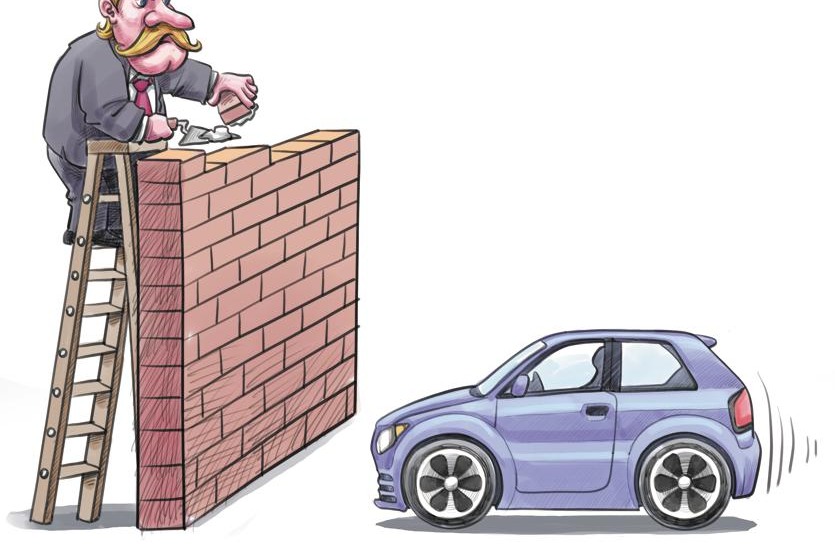Space cooperation, not new 'star wars'


US President Donald Trump directed the Pentagon recently to create a special "Space Force" as an independent branch of the US military, which has raised fears that an arms race in outer space is imminent.
The US has ambitious outer space programs, and Trump has said the United States does not want just a presence in outer space, it wants dominance. Saying that the "Space Force" will ensure the safety of US spacecraft and astronauts, Trump has emphasized that the US military should strengthen its combat capability in outer space, a battlefield as important as the sea, land and air. That the "Space Force" will be "separate but equal" to the US Air Force may be good news for US employment.
But with the world's only superpower striving to reclaim its leadership in space, the arms race among major powers is likely to extend to outer space.
Russia, a leading space power, established the Russian Aerospace Forces in 2015 that includes the Russian Aerospace Defense Forces, and is exploring the possibility of military deployment in outer space. Before Trump, several US administrations had realized the inadequate attention being paid to outer space, in terms of strategy and military matters. But it is Trump who is really leading the US' military foray into outer space.
Besides, in the next decade, the US may be able to send its combat platforms into space that can carry new weapons and thus can also act as missile defense systems.
The United Nations' Outer Space Treaty, which came into force on Oct 10, 1967, prohibits weapon tests, construction of military bases and deployment of weapons of mass destruction in outer space.
But the UN does not have a space inspection agency that can monitor whether a country is placing or has placed weapons of mass destruction in outer space. As such, the treaty, in effect, cannot prevent the militarization of space. And Russia has vowed to keep a close watch on the US "Space Force", warning that it will respond strongly to any US actions that harm global security.
The US and Russia are two leading powers when it comes to space combat capability, and they have reportedly built military "facilities" in outer space, adding to the risk of militarization of space. Some other countries, such as France, Israel, India and the Republic of Korea, are also developing special forces for space combat.
Given this space development trend, China should make preparations to upgrade its space technology so as to better defend its vital interests in outer space.
The authors are researchers at the National Defense University of the People's Liberation Army.


































